Tuesday, 23 April 2024
Menu
The Mediterranean is experiencing a veritable invasion of alien species. In recent decades, more than 900 animal species, including poisonous blowfish, have made their new home in the blue waters of this body of water.
With the influx of so many new links in the food chain, the whole structure has been changed. For the time being, it is impossible to assess the risks and consequences of this situation, as there is not enough knowledge; research has only been conducted for four years by University of Gothenburg staff.
“The Mediterranean Sea, is most often chosen by new species as their new habitat, unfortunately our knowledge of its impact on the ecosystem is very poor. What we do know is that if a species takes a liking to the sea and manages to adapt, it becomes impossible to get rid of it.” – says Stefan Kalogirou from the Department of Marine Ecology at the University of Gothenburg.
When the Suez Canal was completed in 1869, it opened the way for new species to reach the waters of the Mediterranean and we are now witnessing the enormous changes that are taking place in the ecosystem of this basin. In recent years, reports of an influx of new species into the various environments of the eastern coast have caused concern with native species and how will all this affect the ecosystem?
Over a period of four years, S. Kalogirou, in collaboration with the Hellenic Centre for Marine Research, studied the structures and functioning of the fish community in grassy meadows and on sandy bottoms, on the island of Rhodes in southeastern Greece. This has shed some light on the biological aspects of alien species invasion of the current ecosystem and changes in the food chain.
“The results of our study clearly show the impact that accrues to the environment, from incoming species, when they become the dominant species such as the blowfish. It is clear that the food chain is then restructured, but our conclusions are limited by the lack of research on this topic.”
Source: http://www.xray-mag.com/

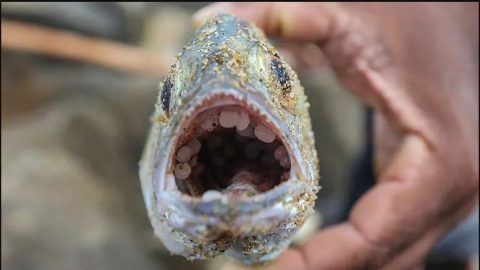
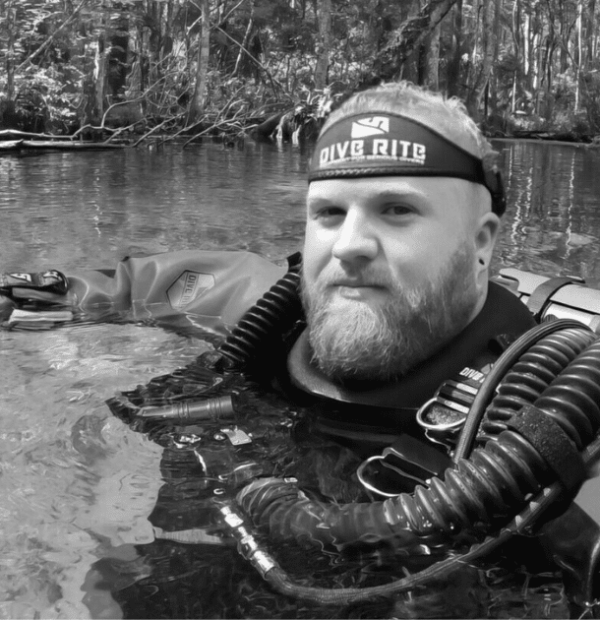
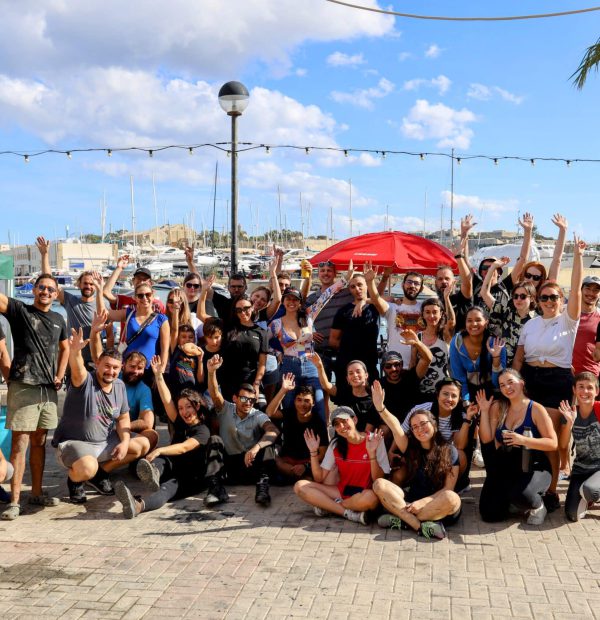
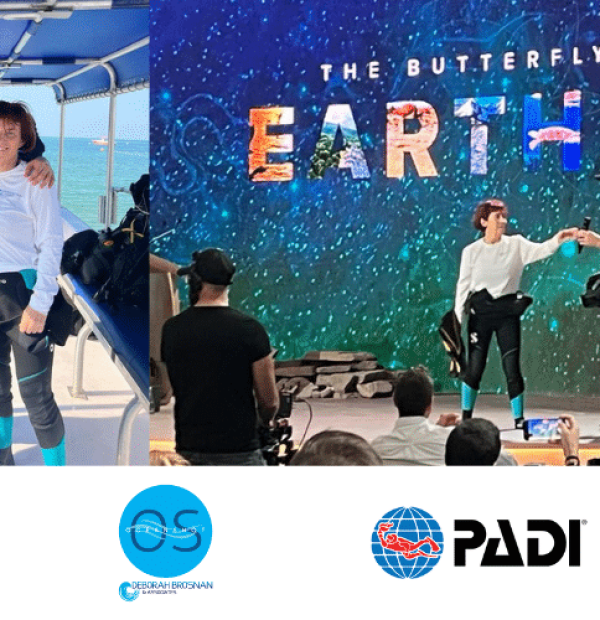
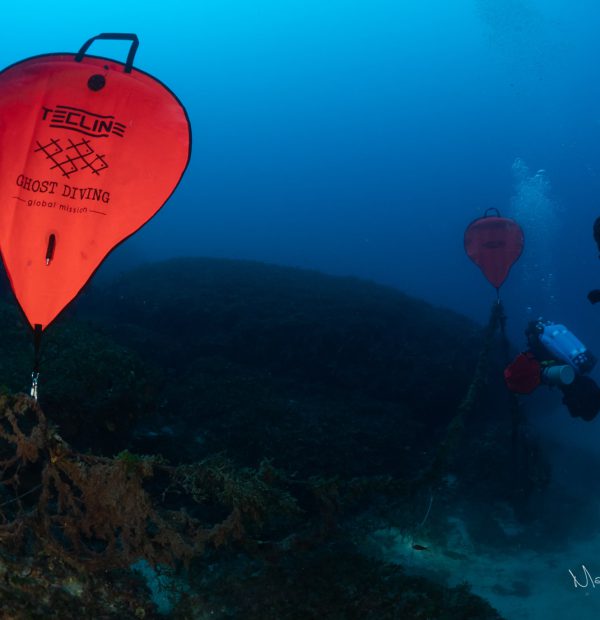
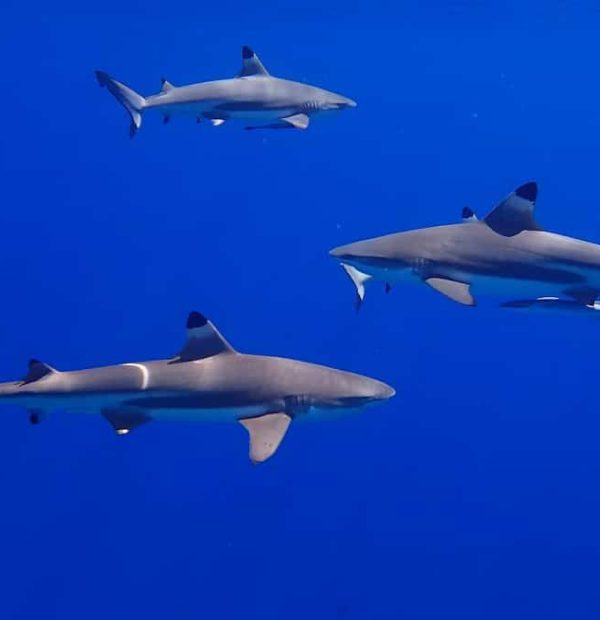
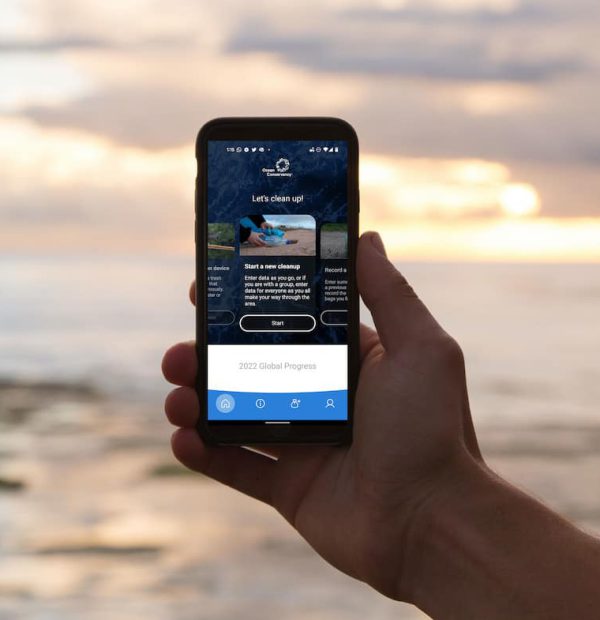

Welcome to DIVERS24.COM, your daily source of scuba news, freediving, scuba diving information, and equipment reviews. Our comprehensive coverage of the dive industry from A to Z provides you with all the latest scuba news, training updates, underwater photography tips, and everything else related to scuba diving. Whether you’re a beginner or an experienced diver looking for more knowledge about scuba gear or techniques – we’ve got it covered! With our in-depth articles written by experienced divers who have been there and done that, you are sure to find exactly what you need here at Divers24.com. Dive into scuba news today!
Underwater Media Sp. z o.o.
Szafarnia 11/F8,
80-755 Gdansk, Poland
Welcome to DIVERS24.COM, your daily source of scuba news, freediving, and scuba diving information. Sign in for a weekly news update and discount coupons for dive gear and apparel.
@2023 - underwatermedia.pl. All Right Reserved. Designed and Developed by Tworzenie stron internetowych Gdansk

The Divers24 portal is currently the largest online medium treating diving in Poland. Since 2010 we have been providing interesting and important information from Poland and around the world on all forms of diving and related activities.
Contact us: info@divers24.com